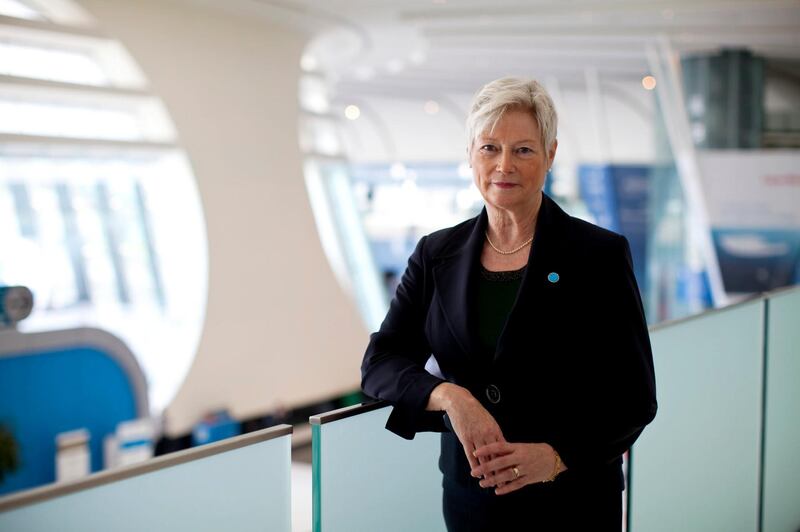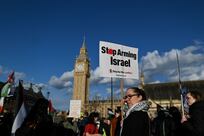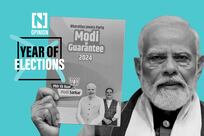The country will soon start reaping the benefits of an agreement with the Netherlands last year on food, water and energy security.
As natural resources become scarce, the effects of climate change more visible and the global population grows, the world will need up to 40 per cent more water to meet demand in the next 20 years, the Dutch embassy in the UAE says.
“The Netherlands decided to put focus on the energy-water-food nexus and have an integrated approach to these three challenges that are interlinked,” said Maria van der Hoeven, the Netherlands’ former minister of economic affairs.
“I met with the Minister for Future Security, Mariam Al Muhairi, and what we tried to establish is a working relation between the both of us, especially with the Wageningen University and Research Centre.”
Last February, the Minister of Economy, Sultan Al Mansoori, visited the Netherlands where both countries signed an agreement on innovation co-operation.
“We agreed to work on the food, water and energy nexus because the UAE has a lot of expertise but also a lot of demands,” said Ms van der Hoeven, also a former executive director of the International Energy Agency, who visited last week.
“So we said it is complementary and compatible. We also organised a roundtable on the nexus this week and we brought a lot of institutes in the UAE, as well as Dr Matar Al Neyadi, the undersecretary at the Ministry of Energy.”
Agricultural production will have to increase by about 70 per cent by 2050 and 50 per cent more primary energy has to be made available by 2035, which calls for more sustainable solutions.
“When we talk about water, we have experience in water quality and quantity because part of our country is below sea level,” Ms van der Hoeven said.
“In energy, we have quite an experience in gas but also in renewables and we are a very large exporter of agriculture and horticulture products.”
The Netherlands has become the world’s second biggest food exporter while the UAE imports about 90 per cent of its food and anticipates a 30 per cent growth in water demand over the next decade.
Experts called the Netherlands the world’s leader in food security.
“It’s a small country with bad climate and they’ve managed to be self-sufficient in their food production through the very early investment in technology years ago,” said Jeffrey Culpepper, chairman of Agrisecura in Dubai.
“Almost everything in the Netherlands is produced under glass and all year around so they don’t have traditional fields.
“It’s densely populated but they’ve managed to perfect technology to produce food at the highest quality and quantity with the least amount of space and they’re brilliant at water conservation, producing food without traditional soil.”






